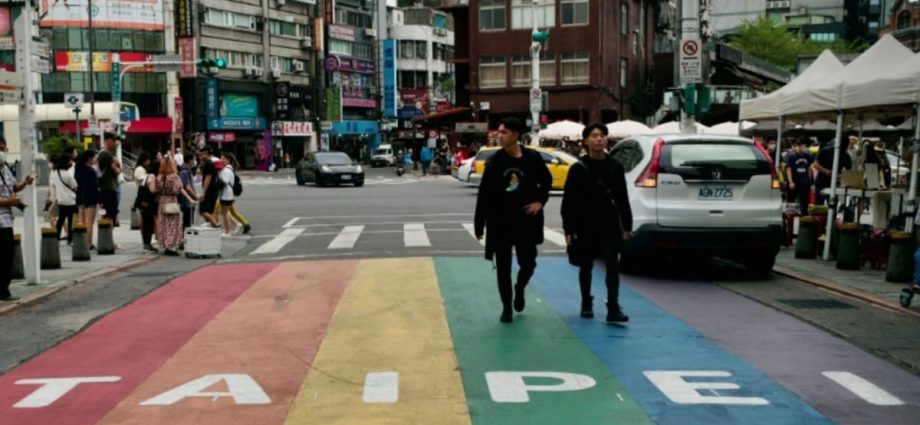
While opposition to China can be a motivating factor, University of Missouri’s Sydney Yueh, who authored a book on Taiwan’s identity politics and culture, said the island’s “political reformation” has put in place the roots for a more open and prosperous society.
It is the strength of Taiwan’s institutions and social freedoms that allow people to “see their ways of life as different from, if not superior to, the Chinese”, Yueh said.
“TAIWAN IS TAIWAN”
Some in Taiwan believe their historic bond with those living across the strait cannot be ignored and say the island’s democracy is the only noticeable difference.
“I don’t think we can ever deny that we look Chinese and think like a Chinese,” said 70-year-old retired air force pilot Peter Tzeng, who identifies as both.
His words echo that of former pro-China president Ma Ying-jeou, who paid a historic visit to the mainland as sitting leader Tsai Ing-wen left for the US and Central America last month.
“We are all Chinese,” he said during his visit – the first by a former or sitting president.
Comments like that from the pro-China camp have raised concerns about next year’s presidential election.
“I am more worried about our own change of government. Such as our own political leaders, do they identify with Taiwan?” asked student Thousand Hung, 20.
For bubble tea seller Sam Chen, Taiwan’s identity is already set in stone.
“They may think we belong to them but we are separate and different … We are already independent,” the 50-year-old said.
“Taiwan is Taiwan, China is China.”

